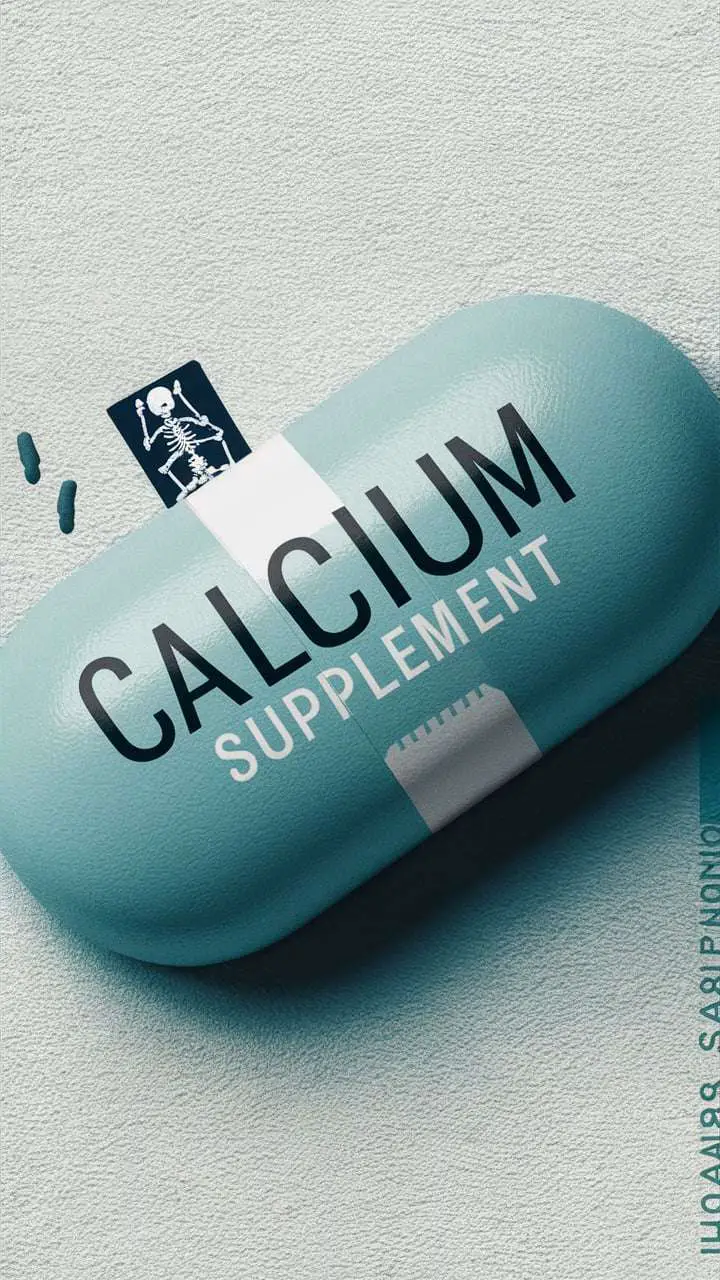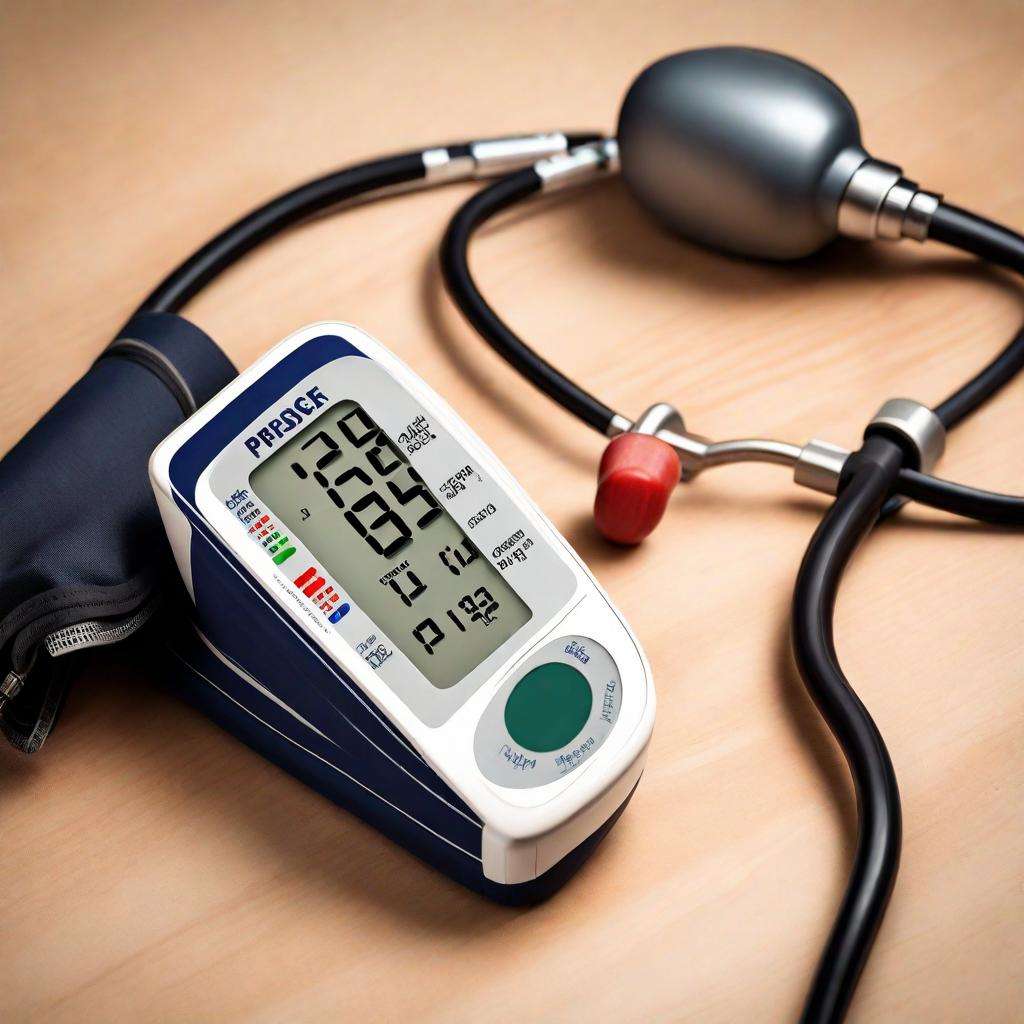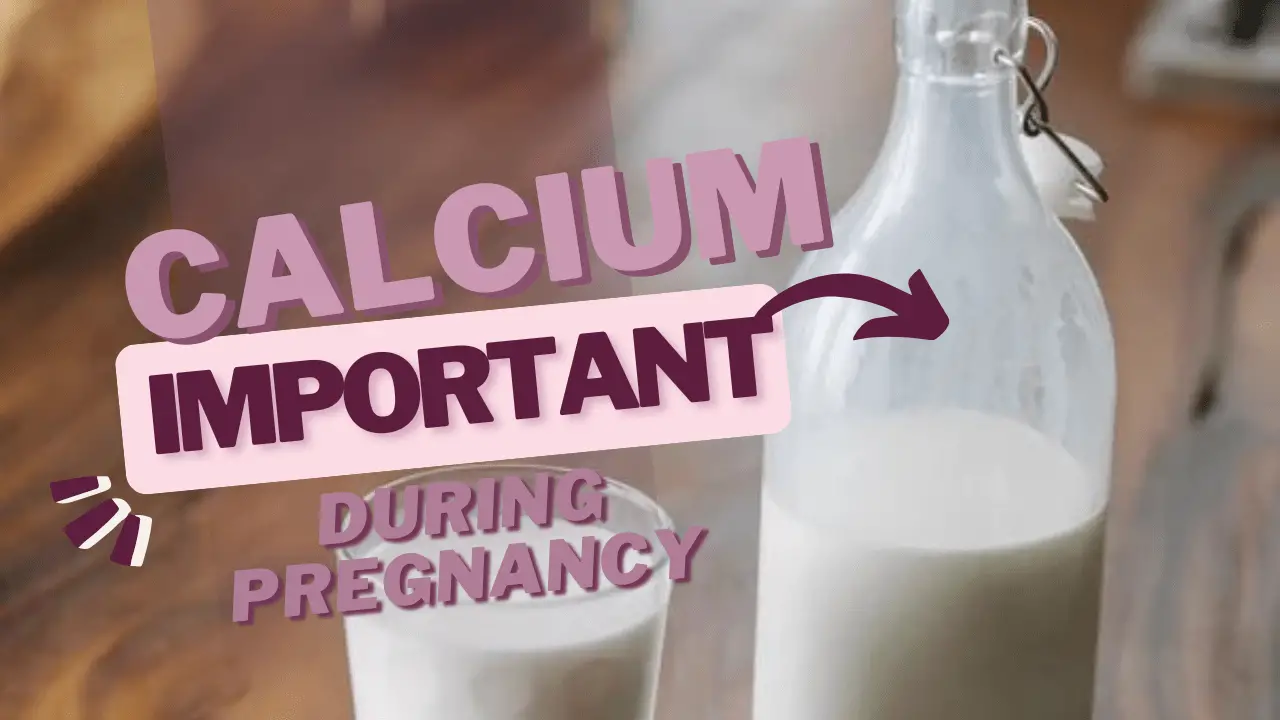For the mother’s and the unborn child’s health and growth, proper nutrition is essential throughout pregnancy. Calcium is unique among necessary nutrients because of its vital function in numerous physiological processes.
This blog post addresses the question of why is calcium intake important during pregnancy and highlights the substantial advantages that it provides. Sufficient calcium intake helps preserve the mother’s bone density and promotes the growth of the baby’s bones and teeth as well as the heart, muscles, and nerves.
Moreover, it can stop side effects like preeclampsia and hypertension. Pregnancy can be healthier and the baby’s start can be improved by realizing the benefits of calcium and adding it to the diet.
This comprehensive guide will delve into the numerous advantages of calcium, sources of this vital nutrient, and practical tips for meeting daily requirements.
Why Is Calcium Intake Important During Pregnancy?

Calcium is a fundamental nutrient necessary for various bodily functions, particularly during pregnancy. Ensuring an adequate intake of calcium is crucial for both the mother and the developing baby. This section will explore why calcium is essential and how it impacts pregnancy.
Role of Calcium in Fetal Development
Calcium plays a pivotal role in the formation of the baby’s bones and teeth. The developing fetus requires a significant amount of calcium, especially in the third trimester, when bone growth is most rapid. Adequate calcium intake ensures the baby’s skeletal structure forms properly, reducing the risk of bone-related disorders after birth.
Impact on Maternal Health
Calcium supports the mother’s continued bone strength and density. The body reserves calcium for the developing fetus throughout pregnancy, so if the woman doesn’t get enough calcium from her food, her bone calcium levels may decline.
Osteoporosis and other bone-related problems may become more likely as a result. Furthermore, calcium is necessary for the neurological, muscular, and cardiovascular systems to operate correctly.
Making sure you’re getting enough calcium can also help avoid issues like preeclampsia and hypertension, which are serious concerns for the mother and the unborn child.
In summary, understanding “why is calcium intake important during pregnancy” is crucial for the health of both mother and baby. Ensuring sufficient calcium intake supports fetal development, maintains maternal health, and reduces the risk of pregnancy-related complications.
Benefits for the Mother:
Understanding the benefits of calcium intake during pregnancy is essential for ensuring both maternal and fetal health. This section will delve into the key advantages that adequate calcium intake provides for pregnant women.

Preventing Bone Density Loss
One of the primary benefits for the mother is the prevention of bone density loss. During pregnancy, the body supplies the developing baby with the calcium needed for bone growth. If the mother’s calcium intake is insufficient, her body will draw calcium from her bones, leading to decreased bone density.
This can heighten the likelihood of developing osteoporosis and experiencing fractures in later years. Therefore, maintaining adequate calcium levels is vital for preserving the mother’s bone health.
Reducing the Risk of Hypertension and Preeclampsia
Consuming calcium while pregnant can also help lower the risk of preeclampsia and hypertension, two dangerous illnesses that can harm both the mother and the unborn child. High blood pressure, or hypertension, can cause problems like premature delivery.

If left untreated, preeclampsia, which is marked by elevated blood pressure and indications of damage to another organ system—typically the kidneys—can be fatal. It has been demonstrated that consuming enough calcium can assist control of blood pressure and lower the risk of developing certain disorders.
Supporting Overall Health
Calcium is essential for blood pressure control, bone health, and the healthy operation of the neurological, muscular, and cardiovascular systems. It is involved in blood coagulation, neuronal signaling, and muscle contractions.
A smoother and healthier pregnancy can be achieved by ensuring adequate calcium consumption, which also helps the general health of the mother.
In conclusion, knowing why is calcium intake important during pregnancy brings to light the many advantages for the mother, such as minimizing the risk of preeclampsia and hypertension, minimizing the loss of bone density, and promoting general health.
For the long-term health of the mother and a successful pregnancy, it is imperative to ensure an appropriate intake of calcium.
Benefits for the Baby:
Ensuring adequate calcium intake during pregnancy provides numerous benefits for the developing baby. This section explores the critical advantages of calcium for fetal health and development.
Development of Strong Bones and Teeth
Calcium is essential for building a strong skeletal structure. During pregnancy, the baby relies on the mother’s calcium intake to develop healthy bones and teeth. Adequate calcium ensures that the baby’s bones grow properly and are strong enough to support their body after birth. This early calcium intake helps lay the foundation for a lifetime of healthy bone development.

Proper Functioning of the Heart, Muscles, and Nerves
In addition to bone development, calcium is vital for the proper functioning of the baby’s cardiovascular, muscular, and nervous systems. It plays a crucial role in maintaining a regular heartbeat, muscle contractions, and nerve signaling. Ensuring that the baby receives enough calcium helps in the development of these systems, contributing to overall health and well-being.
Prevention of Developmental Disorders
Consuming enough calcium can also aid in the prevention of several developmental abnormalities. Pregnancy-related low calcium levels can result in diseases like rickets, which is characterized by brittle or soft bones.
These dangers can be considerably decreased by making sure the kid gets enough calcium, which will encourage healthier development. Knowing why is calcium intake important during pregnancy highlights the mineral’s ability to promote general growth and prevent developmental problems.
Sufficient consumption of calcium helps lay a solid and healthy foundation for the developing child. Expectant moms can promote their unborn child’s long-term development and health by giving priority to foods high in calcium and, if needed, supplements.
Sources of Calcium:
Identifying reliable sources of calcium is crucial during pregnancy to meet both maternal and fetal needs. This section explores various dietary sources and strategies to ensure adequate calcium intake.
Dietary Sources of Calcium
Calcium-rich foods are essential for maintaining optimal levels during pregnancy. Dairy products like milk, yogurt, and cheese are outstanding sources of calcium. They provide readily absorbable calcium along with other nutrients like vitamin D, which aids in calcium absorption. For those who are lactose intolerant or prefer non-dairy options, calcium-fortified plant-based milk alternatives (like almond or soy milk) are viable choices.
Leafy Green Vegetables and Other Plant-Based Sources
Leafy greens such as spinach, kale, and collard greens are rich sources of calcium and offer additional vitamins and minerals beneficial during pregnancy. Other plant-based sources include tofu (if prepared with calcium sulfate), almonds, and fortified cereals.
Supplements
In some cases, dietary intake alone may not suffice, and healthcare providers may recommend calcium supplements. These supplements can help bridge the gap between dietary intake and recommended daily allowances, ensuring both maternal and fetal needs are met.
Strategies for Maximizing Calcium Absorption
Calcium absorption is improved when foods high in calcium are combined with sources of vitamin D. Furthermore, optimal absorption rates can be achieved by distributing calcium consumption throughout the day as opposed to ingesting it all at once.
Pregnant women should speak with their healthcare providers to find out the right supplement dosages and dietary changes for their individual needs. Knowing why is calcium intake important during pregnancy emphasizes how important it is to plan your intake strategically and have a variety of food sources to support the health of both the mother and the fetus.
Expectant mothers can guarantee the ideal calcium intake for a healthy pregnancy and infant by including a range of foods high in calcium and, if required, supplements.
Tips for Ensuring Adequate Calcium Intake:
Ensuring sufficient calcium intake during pregnancy is essential for the health of both the mother and the developing baby. This section provides practical tips to help expecting mothers meet their daily calcium needs effectively.
Incorporate Calcium-Rich Foods into Your Diet
Focus on including a variety of calcium-rich foods in your daily meals. Dairy products such as milk, yogurt, and cheese are excellent sources of calcium. Opt for low-fat or fat-free options to minimize saturated fats. If you prefer non-dairy sources, include leafy green vegetables such as kale, and broccoli, which are rich in calcium and other essential nutrients.
Choose Calcium-Fortified Foods
Include calcium-fortified foods in your diet, such as fortified cereals, plant-based milk alternatives (e.g., almond milk, soy milk), and fortified orange juice. These products can contribute significantly to your daily calcium intake, especially if you have dietary restrictions or preferences that limit dairy consumption.
Spread Calcium Intake Throughout the Day
Divide your calcium intake across meals and snacks throughout the day. This approach can optimize calcium absorption compared to consuming large amounts of calcium at once. Pair calcium-rich foods with sources of vitamin D, as vitamin D, enhances calcium absorption in the body.
Consider Calcium Supplements if Needed
Consult with your healthcare provider about whether you need calcium supplements during pregnancy. Supplements can help ensure you meet your daily calcium requirements, especially if your diet alone doesn’t provide enough calcium.
Your healthcare provider can recommend the appropriate dosage based on your individual needs and overall health.
Understanding why is calcium intake important during pregnancy underscores the importance of these tips in supporting maternal and fetal health. By prioritizing calcium-rich foods, considering fortified options, spreading intake throughout the day, and consulting healthcare providers about supplements, expecting mothers can optimize their calcium intake for a healthy pregnancy and baby.
Conclusion:
In summary, it is critical to comprehend the significance of calcium intake during pregnancy in order to protect the health of both the mother and the fetus. Calcium is essential for healthy bones and teeth and lowers the chance of pregnancy problems at every stage of the pregnancy.
Expectant moms may confidently maintain their own well-being and lay the groundwork for
their baby’s healthy start by consuming foods high in calcium, thinking about supplements when needed, and according to these guidelines. Making calcium a priority guarantees a healthier pregnancy and beyond. Click to learn more.
FAQs:
1: Why is calcium intake important during pregnancy?
- Answer: Calcium is essential for developing the baby’s bones and teeth, supporting maternal bone health, and reducing the risk of conditions like hypertension and preeclampsia.
2: How much calcium do pregnant women need daily?
- Answer: Pregnant women typically need about 1000-1300 mg of calcium per day, depending on their age and specific health needs.
3: What are good food sources of calcium for pregnant women?
- Answer: Dairy products (milk, yogurt, cheese), leafy greens (kale, spinach), calcium-fortified foods (cereals, plant-based milk), and nuts (almonds) are excellent sources of calcium.
4: Can I take calcium supplements during pregnancy?
- Answer: Yes, calcium supplements may be recommended if dietary intake alone is insufficient. Consult your healthcare provider to determine the right dosage for your needs.
5: Are there any risks associated with too much calcium during pregnancy?
- Answer: Excessive calcium intake can lead to constipation and may interfere with the absorption of other essential nutrients. It’s important to follow the recommended intake guidelines provided by healthcare professionals.
